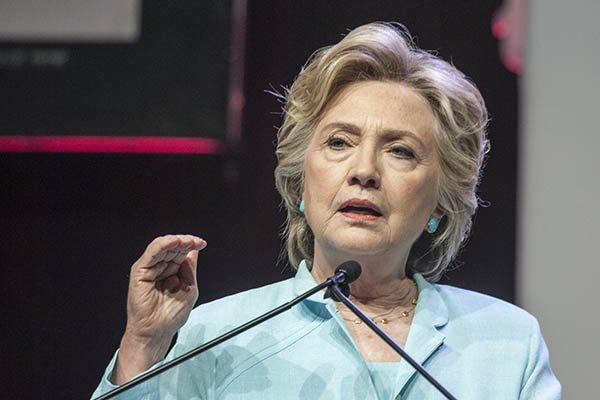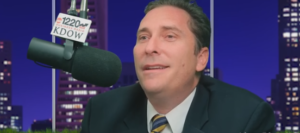How Would Proposed Tax Plans Affect the Country’s Economy?

We’re just days away from the election and it’s likely that most Americans will just be happy that it’s finally over, no matter whom or what they voted for. However, there are some very important things at stake in this election, including how each candidate’s tax proposals would affect our nation’s economy, as well as the affect on individual taxpayers’ pocket books.
The overwhelming belief is that Donald Trump’s tax plan would be simpler than the current code and that it would help the wealthy, while increasing the national debt. As you might expect, Hillary Clinton’s proposals would be basically the opposite. Her tax plan is reportedly more complex and it’s expected to increase taxes on just about everyone, with the wealthiest taxpayers absorbing the brunt of the increase.
However, that being said, neither candidate has to stick to his or her proposed plans if elected. Additionally, the bigger question is how would these plans really affect the economy if they were implemented? The nation’s debt is rising and it will likely continue to raise no matter which candidate is elected. That means people and businesses, especially small ones, will be footing the bill.
According to the Tax Foundation, which typically opposes tax hikes on the wealthy, Clinton’s plan to increase taxes on investment and businesses would likely reduce the size of economy by about 2.6 percent over 10 years. Much of that would come from her desire to increase the estate tax. According to the Tax Foundation that increase would likely cause wealthy taxpayers to invest lest money and thus would hold down the entire economy. That, in turn, would force the average income in the country to go down.
On the other hand, those who believe tax increases on the wealthy are favorable to the economy claim that the Tax Foundation’s estimates are exaggerated and that the economy would not be significantly damaged by Clinton’s proposals.
You also might like the article Trump, Clinton and the Wealthy—What’s at Stake
https://www.washingtonpost.com/news/wonk/wp/2016/10/13/what-hillary-clintons-tax-plan-would-really-do-to-the-economy/
http://www.forbes.com/sites/garrettgunderson/2016/10/13/clinton-versus-trump-how-their-tax-plans-will-affect-you/#76f963cd3346
Intel Chief Economist | Paul Thomas
About Paul Thomas Paul Thomas is chief economist and manager of market sizing and forecasting at Intel Corporation in Santa Clara, Calif. He joined Intel in December, 2004, after working at Continental Airlines in Houston, Texas, from 1997 to 2004 and as chief economist from 2001 to 2004. Paul was senior economist at Douglas Aircraft…
Immigration Law | Jake Lipman
About Jake Lipman Jake Lipman has practiced immigration law for over ten years. His practice focuses on employment-based immigration, counseling employers in complex immigration practice and policy concerns. Over the years, he has supported multinational and domestic organizations of all sizes and from every major industry. Jakob has lectured on immigration-related subjects in a variety…
Disruptive Business Education | Manoj Fernando
About Manoj Fernando Through his global work experience, including six Silicon Valley startups, Manoj has learned much about business and entrepreneurship — often the hard way. When he had the opportunity to teach Executive MBA students he realized he was lacking in real-life business education. In particular, the relevant basic building blocks of Silicon Valley’s…
Factors of Success | Leigh Perkins
About Leigh Perkins Hunting big game in India, Morocco, and Scotland, Orvis Chairman Leigh Perkins has dedicated his life to outdoor sporting pursuits. His passion extends well beyond mere participation, however; Perkins has been one of the sporting life’s great ambassadors, sharing his passion with everyone within reach, from working people to presidents. Under Perkins’…




